10 Health Myths Everyone Still Believes — But Shouldn’t

We’ve all heard advice passed down from parents, friends, or even doctors that sounds totally true. But here’s the thing—a lot of what we believe about staying healthy is actually wrong! Science has debunked many popular health myths, yet they continue to spread like wildfire. Let’s bust some of these myths wide open so you can make smarter choices for your body.
1. You Must Drink Eight Glasses of Water Daily

Ever been told you absolutely need eight glasses of water every single day? That’s not entirely accurate. Your body’s water needs depend on your size, how active you are, and even the weather outside.
Someone running marathons in summer heat needs way more water than someone sitting at a desk in air conditioning. Your body is pretty smart—it tells you when you’re thirsty! Foods like fruits and vegetables also contain water that counts toward your daily intake.
Listen to your body instead of following a strict number. Pale yellow urine usually means you’re drinking enough.
2. Eating Fat Will Make You Gain Weight
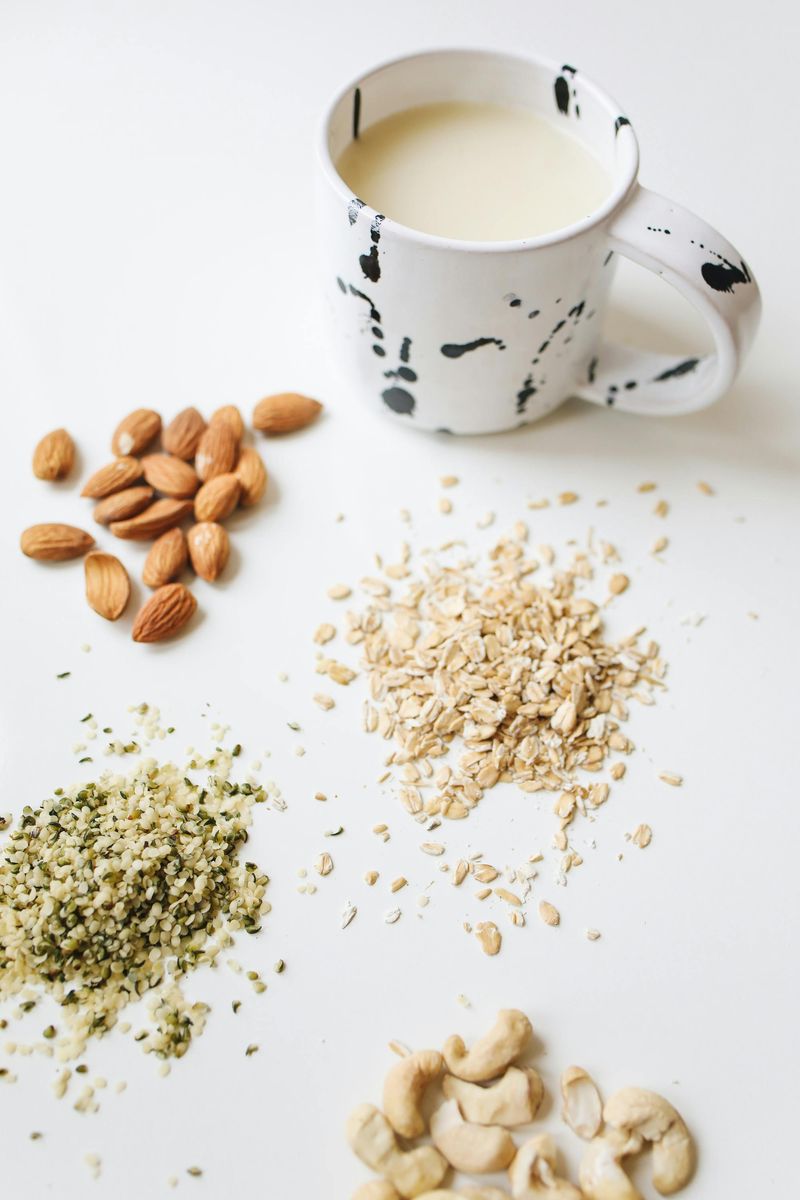
Did you know your brain is made up of nearly 60% fat? Sounds wild, right? For years, people blamed all fats for weight gain, but that’s a huge misunderstanding.
Healthy fats from avocados, nuts, olive oil, and fish are actually essential for your body. They help absorb vitamins, keep your skin glowing, and even help you feel full longer. The real problem comes from eating too many calories overall, not specifically from fat.
Trans fats and excessive saturated fats can be harmful, but lumping all fats together is unfair. Your body needs good fats to function properly and stay energized throughout the day.
3. Carbohydrates Are the Enemy of Weight Loss

Carbs have gotten a terrible reputation lately, but your body runs on them like a car runs on gas. Whole grains, fruits, and vegetables are all carbohydrates, and they’re packed with fiber, vitamins, and minerals your body craves.
The confusion comes from lumping healthy carbs with junk food like candy and soda. Brown rice, oatmeal, and sweet potatoes fuel your brain and muscles beautifully. Athletes especially need carbs to perform their best.
Cutting out all carbs can leave you tired, grumpy, and missing important nutrients. Focus on choosing quality carbs instead of avoiding them completely.
4. Detox Diets Cleanse Your Body of Toxins
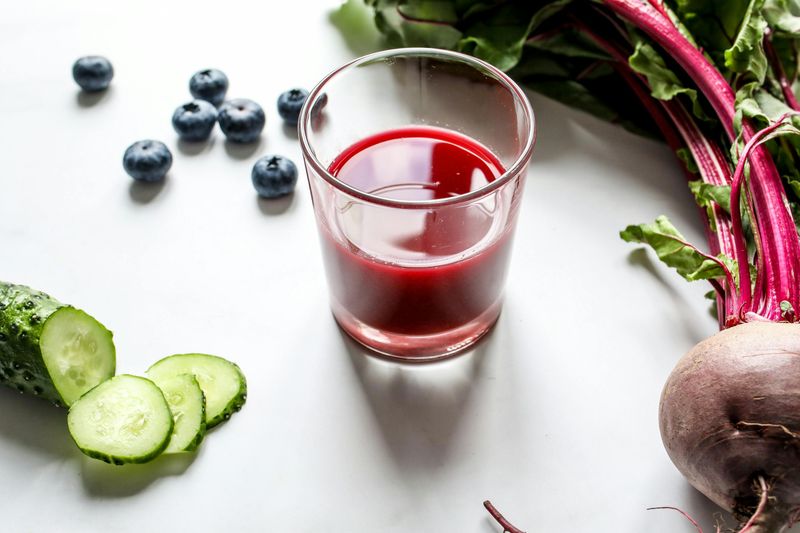
Fancy juice cleanses and detox teas promise to flush out toxins and make you feel amazing. Here’s what they don’t tell you—your liver and kidneys already do this job for free!
Your body has an incredible built-in detoxification system that works around the clock. These organs filter your blood, remove waste, and keep everything balanced without any special drinks or powders. Most detox products are expensive and offer no real benefits.
Some can even be dangerous if they make you skip important nutrients. Save your money and trust your body’s natural cleaning crew instead.
5. Crunches Alone Will Give You Flat Abs

Doing hundreds of crunches every day won’t magically melt belly fat away. Spot reduction—targeting fat loss in one specific area—simply doesn’t work that way.
When your body burns fat, it does so from all over, not just where you’re exercising. Building strong abs through crunches is great for muscle tone, but those muscles will stay hidden under fat unless you reduce overall body fat. That means combining exercise with healthy eating habits.
Full-body workouts and cardio are much more effective for revealing those ab muscles. Think of it as uncovering treasure that’s already there!
6. Cracking Knuckles Causes Arthritis Later
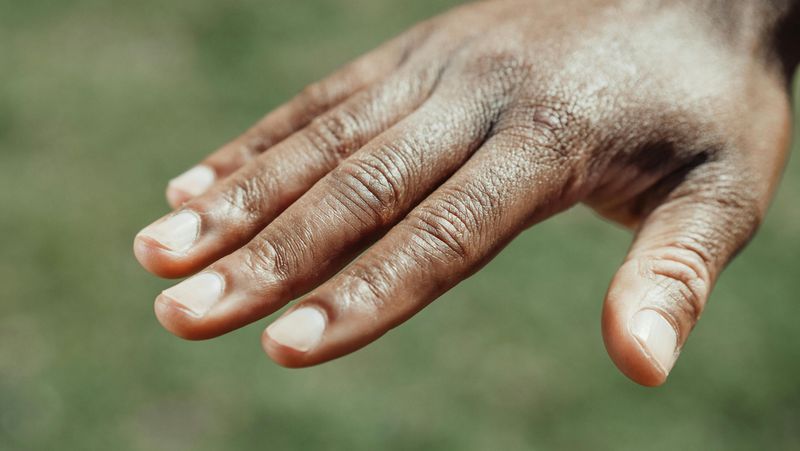
If you’ve been scolded for cracking your knuckles, you can relax now. Scientists have studied this for years and found zero connection between knuckle cracking and arthritis.
That satisfying pop sound comes from gas bubbles bursting in the fluid around your joints, not bones grinding together. While it might annoy people around you, it won’t damage your joints or cause painful arthritis down the road.
Some studies even suggest habitual knuckle crackers have similar hand function to those who don’t crack at all. So crack away if it makes you happy—just maybe not during quiet moments!
7. Carrots Give You Night Vision Superpowers
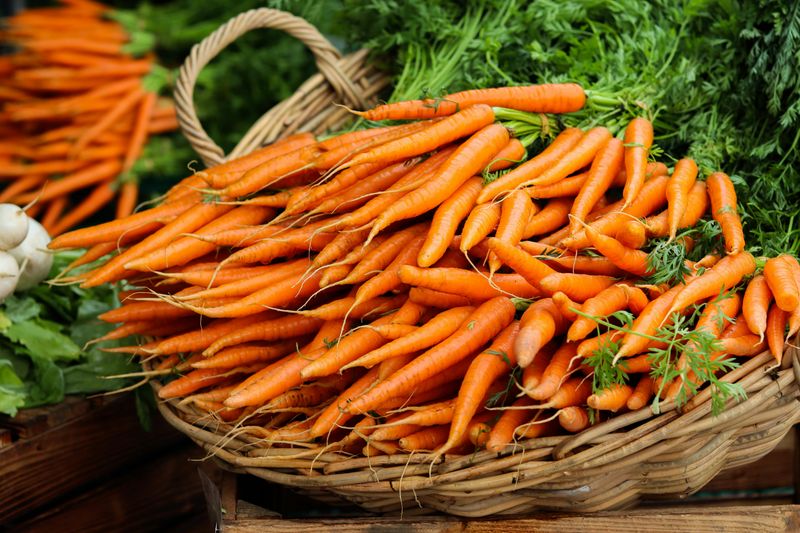
Carrots are definitely good for your eyes because they contain vitamin A, which supports healthy vision. But eating them won’t let you see in the dark like a superhero!
This myth actually started as British propaganda during World War II. They wanted to hide their new radar technology, so they claimed their pilots ate carrots to see enemy planes at night. People believed it and the myth stuck around for decades.
Vitamin A deficiency can hurt your eyesight, so carrots help maintain normal vision. They just won’t give you any special night-vision abilities beyond what you already have.
8. Eating After 7 PM Automatically Causes Weight Gain

Your body doesn’t have a magical cutoff time where calories suddenly count double. Weight gain happens when you eat more calories than you burn, regardless of what time the clock shows.
The real issue with late-night eating is usually what people choose—chips, ice cream, and other snacks while watching TV. These mindless calories add up quickly! If you’re genuinely hungry at night, a healthy snack won’t ruin your health.
Some people actually need evening snacks, especially if they exercise later in the day. Pay attention to your total daily intake instead of obsessing over the clock.
9. Microwaves Destroy All the Nutrients in Food
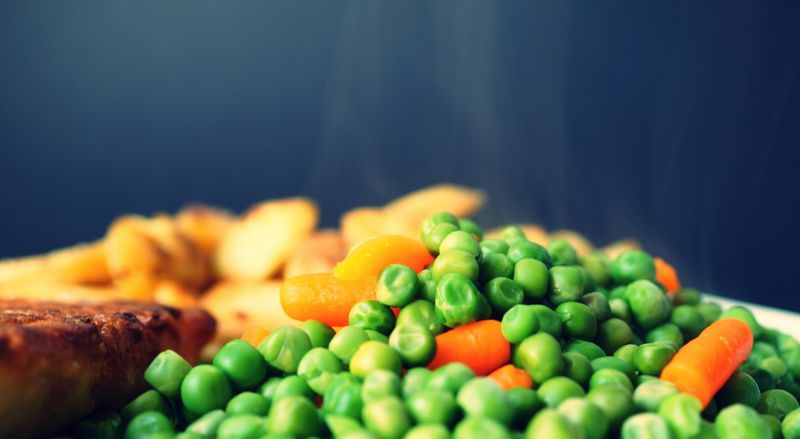
Worried that zapping your food in the microwave turns it into nutritional garbage? Actually, microwaving is one of the best cooking methods for keeping nutrients intact!
Because microwaves cook food quickly and use minimal water, vitamins and minerals don’t have much time to break down or leak out. Boiling vegetables in water for a long time destroys way more nutrients than a quick microwave session. The shorter cooking time preserves vitamin C and other heat-sensitive nutrients especially well.
Microwaving is convenient, fast, and surprisingly healthy. Just make sure you’re using microwave-safe containers and you’re good to go!
10. Being Cold Gives You a Cold or Flu

Your mom probably warned you about going outside with wet hair or you’d catch a cold. While she meant well, viruses—not cold temperatures—cause colds and flu.
You catch these illnesses when germs from sick people enter your body, usually through your nose, mouth, or eyes. Cold weather might make you more vulnerable by weakening your immune system slightly or drying out your nasal passages. People also spend more time indoors together during winter, spreading germs more easily.
Staying warm is comfortable, but washing your hands frequently and avoiding sick people protects you better than bundling up.

Comments
Loading…